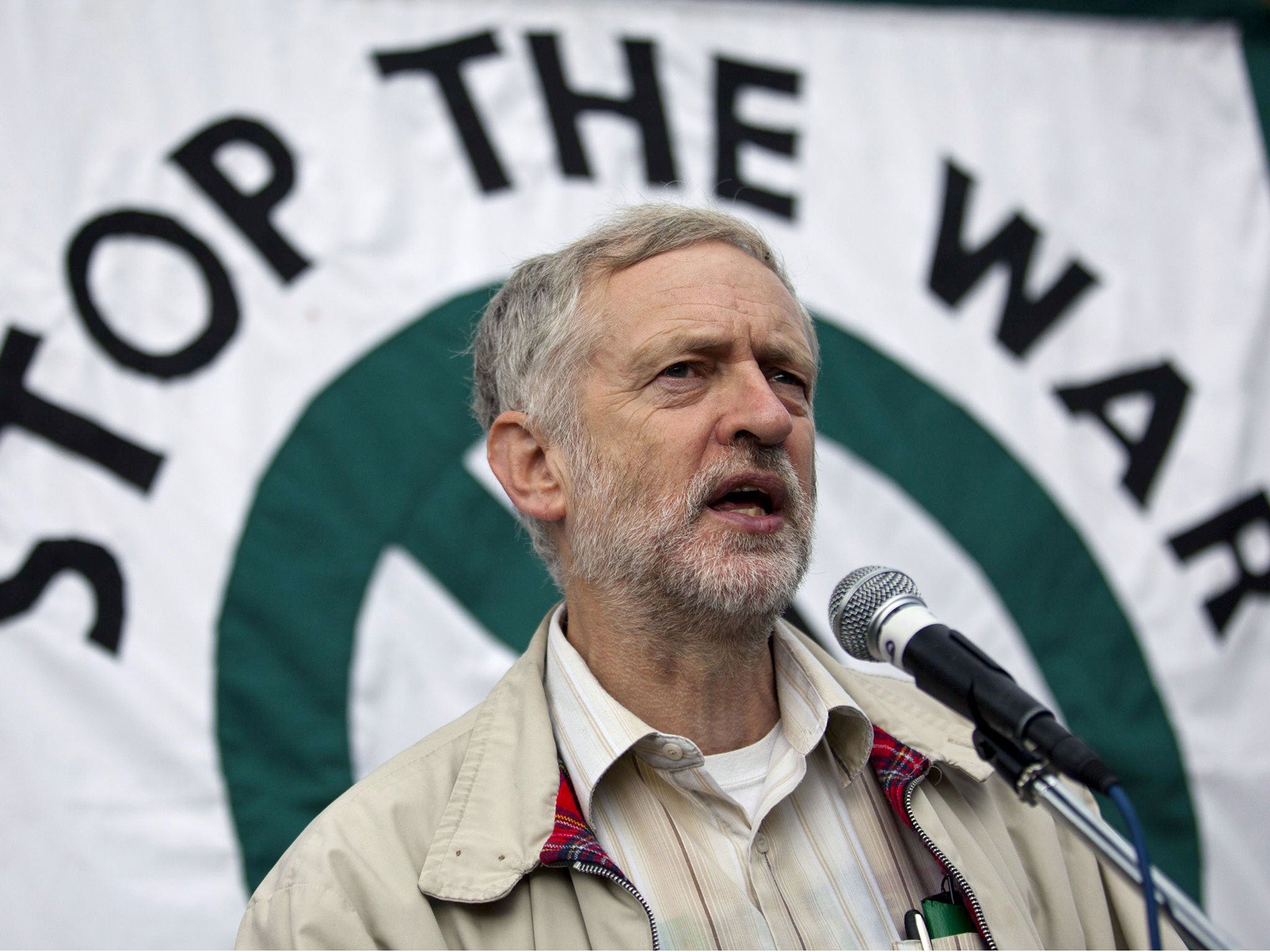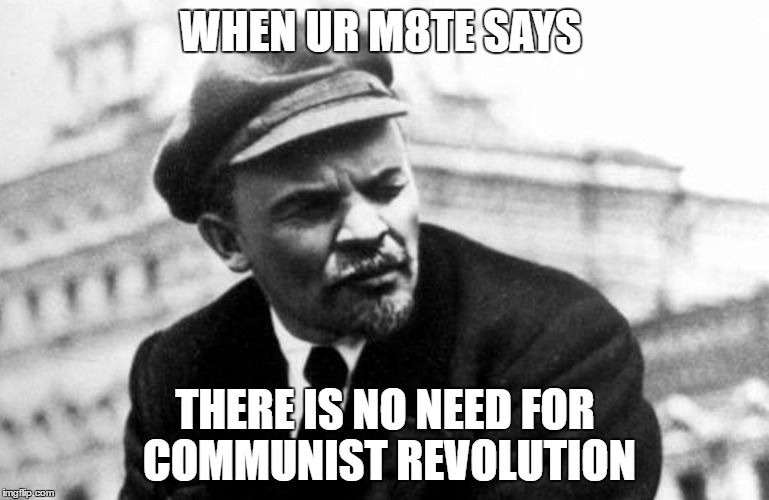
The week before last, I spoke at Gleadless Valley Labour Party about the democracy review. Here’s a summary of what I said.
I worry when we talk about the Labour Party democracy review that some people just switch off – that they see it as a boring discussion of party rules and processes. The danger is, it could be framed in that – yawn-inducing – way.
But the review is important because it’s fundamentally political. It’s about what kind of organisation the Labour Party needs to be, and a discussion like that isn’t just about structures; it’s about how we use structures to change the world. And changing the world – what change we need and how we make it – is about politics.
Structures and processes, then, aren’t neutral, bureaucratic or technical issues. The shape of the party is dictated by the policy we want it to adopt, the interests for which we want it to stand, and the relationships we see between it and the rest of society.
Take the so-called “Clause I Socialists” in the party. This is what figures like Richard Angell, the director of the Blairite group, Progress, have taken to calling themselves. ‘Clause I’ is a reference to the Labour Party rulebook. The bit they’re talking about is this:
[The Labour Party’s] purpose is to organise and maintain in Parliament and in the country a political Labour Party.
The word they emphasise is ‘parliament’. Why focus on this bit of the rulebook?
The Blairite axiom is that elections can only be won from the “centre-ground”. The centre-ground is the moderate political space supposedly inhabited by the bulk of ordinary British people. From this perspective, the art of electoral politics consists of finding this place and setting up shop there.
In the Blairite conception, the centre-ground is to the right of where most Labour members are, politically. Crudely: if you’re a Blairite, your view is that society is more rightwing than the Labour Party (side note: that’s probably why some right-wingers in the party were in favour of registered supporters. They thought that the people who would register to vote in a Labour Party election would be to the right of the membership).
Of course, it should also be said that although electability is often the reason given for adopting a centrist programme, we should also be under no illusions that some on the right of the party also genuinely support those policies for principled – not only pragmatic – reasons. Take Blair, who said that not only was Jeremy unelectable, his policy proposals weren’t right for the country.
Occupying the centre-ground presents problems for party managers who have to convince their membership that compromising is the right thing to do (of course, they get cheered on by the right wing press whenever they do this). From this perspective, you don’t want to encourage members to get involved and set policy; you’d prefer they were election fodder, knocking on doors while the party leadership take the big decisions. The members need to be handled not listened to.
In a blog for Progress, John McTernan, Tony Blair’s former policy advisor makes this more or less explicit*:
The National Policy Forum does not produce the manifesto. That is the responsibility of the leader. The NPF is a party management process whose sole job is to ensure that no future Labour government is trashed by its own party.
The NPF, the forum in which Labour’s manifesto should be formally debated and approved, is here cast as a method for handling the unruly members – for choreographing consent.
If members can’t be relied upon, then who can? The Labour parliamentarians, of course. Why? Because they owe their seats to the support of their constituents and not the (electorally suicidal) party members. This was the repeated refrain in the attempted leadership coup – that the views of the members could be overridden because MPs had their own mandates, received not from the party but from electors (as many people have pointed out, if rebel Labour MPs really believed this they’d have no problem running as independent candidates. That they don’t, and know they would lose, suggests the argument is in bad faith).
So that’s why the “Clause I Socialists” emphasise the parliamentary character of the party. It’s rooted in a political analysis – winning elections means adopting a policy platform which is to the right of our members… which means downgrading their ability to influence or set policy.
What’s irritating about this position is that its chief proponents try to give it the veneer of historical legitimacy. So, here’s Neil Kinnock in the infamous speech he gave to the PLP on why Jeremy should go:
In 1906 and then in the constitution of 1918, in Clause I they lay down that it would be the purpose of the Labour party to establish and retain in parliament and in the country a political Labour party…
In 1918 in the shadow of the Russian revolution, they made a deliberate, conscious, ideological choice that they would not pursue… the revolutionary road – it was a real choice in those days – they would pursue the parliamentary road to socialism. It is why in all of the subsequent constitutions we have a provision that requires the leader of the Labour party – it used to be… elected only by the PLP. We worked like hell, Dennis, myself and many others, to change that so that the rank-and-file would have a direct voice and trade unions would be part of it, councillors would be part of it, activists would be part of it, so we had one member, one vote instead.
Kinnock’s argument is that the members being able to elect the leader is a recent anomaly. Graciously, he suggests that rank and file members of the party should have a ‘direct voice’ – a point somewhat undermined by the fact he’s proposing to ignore it. The point, here, is that Clause I is portrayed as a foundational ideological plank in the creation of the party.
Of course, it is an ideological loadstone of the Labour Party that its primary way of changing the world is through winning elections and parliamentary action. What’s crude about the Clause I Socialists is that they promote a particular reading of Clause I and denounce anything else as ‘the revolutionary road’.
Actually, what Kinnock is suggesting isn’t just that the Labour Party be committed to an electoral strategy to win power. I don’t think anyone on the Corbynite left in the party is proposing we head to the barricades and incite armed insurrection (notwithstanding all the ‘arm John McDonnell’ memes). All we argue is that the PLP should represent the broader party and labour movement in parliament. Kinnock is arguing for the opposite relationship. As he sees it, the role of the members is only to represent the PLP on the doorstep. To dress that up as the historical raison d’etre of the party is nonsense.
These crass readings of the rulebook are not the main reason to oppose this vision of the party, though. The main reason to reject this view is that the analysis underpinning it is simply wrong.
In the 2015 leadership campaign, the party swelled with new members enthused by Jeremy’s message of opposing austerity and fighting for decent standards of living for the majority in society. The membership rocketed again in the second leadership challenge. With over half a million members, Labour is now the biggest political party in Western Europe – the biggest in Europe if we exclude Russia.
Of course, to those on the right of the party, all this suggested was that Corbyn’s campaign was animating a minority of the British public who shared his “hard left” views – the message itself had no broader electoral appeal. The development was dangerous because it made the members harder to manage and the party less electable. That’s right: for those on the right of the party, a huge membership is A Bad Thing.
This argument – that the Corbyn leadership had hardened out a current of true believers rather than appealing to the broad coalition of people necessary to win an election – was completely demolished by the results of the 2017 election. Labour made a historic advance in the polls – it’s biggest since 1945 and the second biggest in the party’s history. The main question this raised was what would the result have been if Kinnock and those like him hadn’t been very publicly running the party down?
Although it was hard to predict, the surge in the polls wasn’t hard to understand. The Blairite mantra is correct in a sense. As Jeremy said in last year’s conference speech, elections are won from the centre-ground, so long as we understand that the centre-ground can change. Nearly a decade of stagnating living standards is likely to engender just such a shift, combined with a Labour Party which is willing not just to reflect the consensus, but forge a new one.
From this perspective, the surge in the membership represented a much broader support in society for Labour’s platform. The left-turn made by the leadership didn’t represent a movement away from the centre-ground, but towards it. Or, to abandon the Blairite spatial metaphor altogether, Labour’s political platform put together a coalition of voters broad enough to be capable of winning an election (this debate between Seumas Milne and Rafael Behr at The Guardian is a very interesting discussion of these issues). According to this analysis, the Labour Party is in the process of becoming a mass movement, with the soaring membership representing a wider coalition for progressive social change in society.
This view of the party as mass social movement has consequences for party structures. If the surge in members represents support out there in the real world, the members aren’t unruly leaflet mules, or unreliable doorstep ambassadors for the PLP that need to be handled; the rank and file are your greatest political (not merely electoral) asset. For the left, then, the party structures aren’t a mechanism for locking the membership into agreement with party managers (as McTernan would have it); they should be used to harness the talents and expertise of the members to create a genuinely popular electoral platform.
The goal for the left, then, should be to make it as easy as possible for members to participate in the Labour party at all levels. This shouldn’t only mean running in elections and campaigning (but that’s obviously important), it also means ensuring members are given as much opportunity in the party structures as possible to talk about politics and influence policy.
These changes to party structures are inseparable from Jeremy’s anti-austerity, pro-growth, jobs and investment political platform. Without this platform, the party wouldn’t now be the enormous size it is. Such a view stands in complete opposition to the approach of the right of the party who advocate a very different policy platform – one which essentially continues the attack on living standards that have characterised the last decade, since the crash. Such a position favours a smaller, supine membership which is happy to take its marching orders from the top of the party.
So that’s why the democracy review isn’t just about bureaucracy or technical processes. It’s about designing a tool – the Labour Party – which is capable of bringing about the change in society that we need, and because of that it’s about clashing political visions. And that’s why you need to get involved!
*Credit to Max Shanly at Novara Media for digging out this quotation in his interview with John McTernan. His podcast, ‘All the Best’, with Matt Zarb-Cousin is definitely worth checking out.







